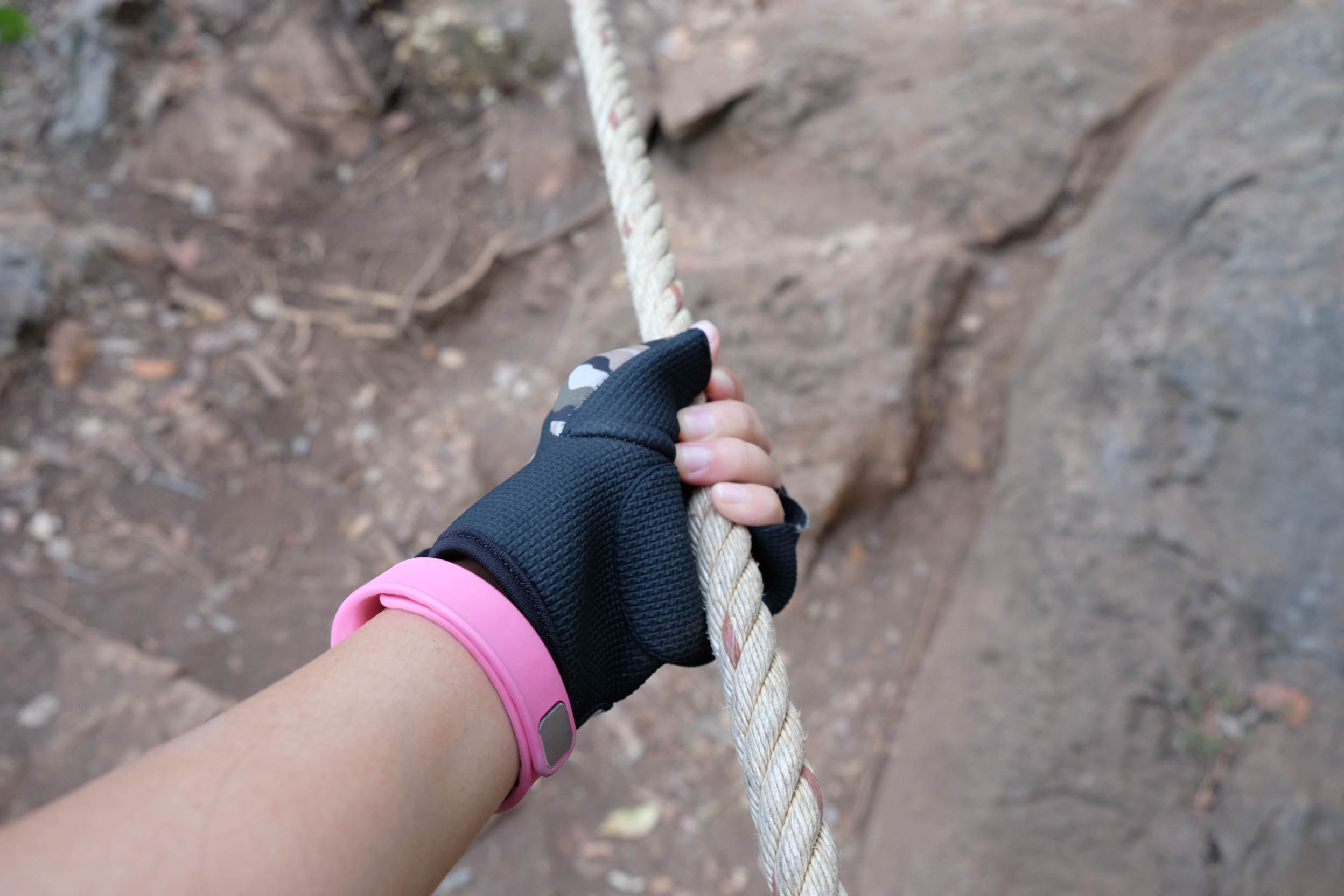 There are very few people on this earth who have lived a charmed life, with no adversity.
There are very few people on this earth who have lived a charmed life, with no adversity.
Even young children learn fairly quickly that not everything in life will go their way – sometimes we need to share when we don’t want to, or we fall down and hurt ourselves. What happens then?
We cry.
That’s a normal reaction, whether you are a toddler who has bumped her head or an adult facing tragedy and loss, and everything in between. We express our feelings of anger, frustration or sorrow.
Then what?
This is where we see the dividing line between people who are resilient, and those who are not.
Resilience is defined as the capacity to recover quickly from difficulties.
Toddlers are usually quite resilient – they fall, they cry, they get up again. The storm of tears disappears as if it had never been, and they are on the rampage again.
Most of us older folks take longer to recover from life’s blows. Some people remain stuck in their sorrow and anger forever. Some people turn to alcohol, drugs, food, work, shopping or other addictions to numb their pain. But others seem to rise above tragedy, and find new meaning and purpose in life.
What is it that makes it possible for some people to pick up the pieces of their lives and carry on, while others sink into destruction?
The Austrian psychologist Viktor Frankl wrote the famous book, Man’s Search for Meaning. It tells the story of how he survived the Holocaust by finding personal meaning in the experience, which gave him the will to live through it.
He later established a new school of psychotherapy, based on the premise that people’s underlying motivator in life is a “will to meaning,” even in the most difficult of circumstances. This desire is the underpinning of resilience.
Resilient people are able to move on from a “why me?” victim mentality and build something out of the experience – often from a desire to help others who have experienced similar troubles. It is no coincidence that so many trauma counsellors and youth workers have first-hand experience of the challenges their clients face. Helping others is at the top of most self-help lists, after all.
So how can we develop resilience in life? While many people appear to be naturally optimistic and more likely to bounce back from adversity, I believe that anyone can become more resilient and better able to handle the slings and arrows of life.
Becoming more resilient requires the willingness to step out of the role of the powerless victim, to take responsibility for our own feelings, and trust that there is meaning and hope to be found in the darkness, just like Viktor Frankl.

Good analysis of resilience and why some people seem to have greater reserves of it.
Speaking from personal experience, I believe the way we are brought up as children sets us up to be resilient or not.
If parents let children experience the small – generally non-life threatening – bumps you describe in childhood without making too much fuss about it, then children can learn resilience.
When parents are overprotective, children have a hard time as adults adjusting to the real world with its big, sometimes dangerous bumps.